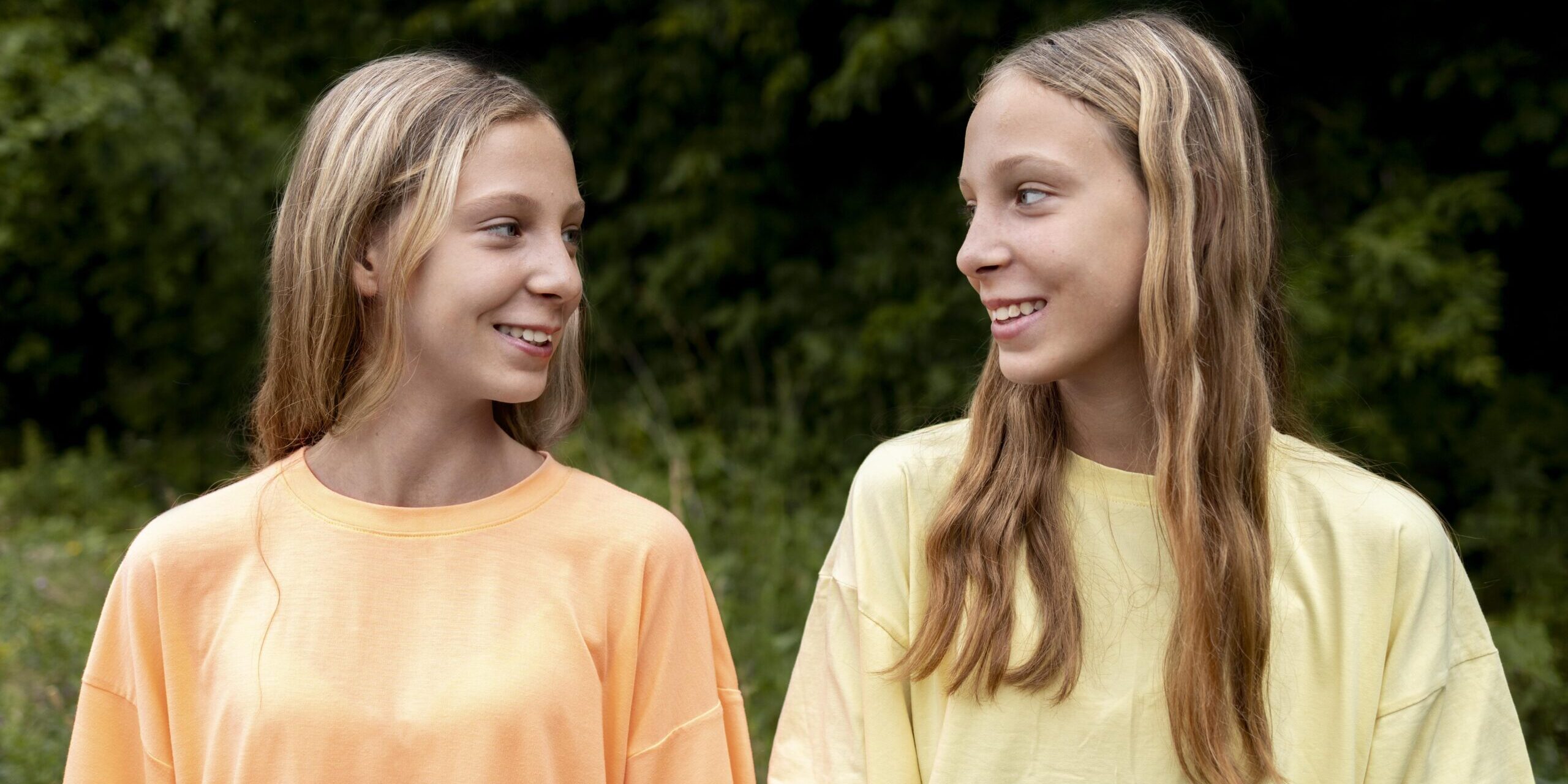We get this question all the time. People who feel called to care for children but aren’t quite sure of the different types of care. Honestly, it can feel like a maze of terms, so let’s break it down. Here is a quick guide to help you make sense of it all:
Fostering
This one’s close to our hearts, as it is what we do here at UK Fostering 😊
Fostering means opening up your home to a child or young person who can’t live with their birth family. It can be short-term (a few weeks or months), or long-term. It’s all about providing a safe, loving home during a time of change or crisis. Children needing foster care can be newborn until 18 years and be single children or part of a sibling group. There are also specialist types of fostering that we discuss elsewhere on the website.
Residential Care
This is different from fostering, as instead of living within a family environment, children in residential care live in a home with other children, supported by trained staff. Think of it like a group home where there’s a team of carers always on hand. It’s more structured and suited to children with particular needs or those who may not thrive in a family setting just yet.
Childminding
Childminders look after children in their own home, usually while parents are at work.
They’re trained, first-aid qualified, and inspected regularly. They care for babies, toddlers, and school-aged children, often on a part-time or after-school basis. Childminding is mostly daycare, but some childminders care for children occasionally overnight.
Adoption
Adoption is a permanent arrangement. When a child is adopted, they legally join their new family, and they become their forever family. This is a lifelong commitment and very different from fostering.
Early Permanence/Foster to Adopt
This is a bridge between fostering and adoption, which would be led by an adoption not fostering team. With “early permanence,” carers are approved to foster and adopt, and they start caring for a child with the plan (and hope) that adoption will follow. It’s a great way to give children more stability early on while the legal process is being worked out.
Kinship (or Connected Persons) Care
This is when children stay with someone they already know, such as a grandparent, aunt, family friend, or even a teacher. It might be a private agreement with the parents, or something arranged with the help of social services.
The idea is to keep children in familiar surroundings when their parents can’t care for them.
Private Fostering
Not to be confused with fostering through an agency!
Private fostering happens when a child is cared for by someone who is not their parent or a close relative for 28 days or more. When this arrangement is in place, social services are informed, to ensure that everything is safe and supportive for the child.
Supported Lodgings/Housing
Supported lodgings provide a safe and supportive placement for young people 16+ years. Usually providing accommodation and meals, and helping them develop life skills such as budgeting, shopping, and preparing their own meals, in preparation for independent living. The aim is to enable young people to develop their skills and confidence, so they are able to move on into more independent accommodation.
Ok, so now that makes more sense, so what’s next?
We hope this has helped clear things up a bit. There are lots of ways to support children and young people, however at UK Fostering we are working with the framework of fostering to support children and young people through a very challenging, unsettled, and confusing time in their lives.
If fostering sounds like something you’d love to know more about, there is loads more info on our website. And of course, we’re always happy to have a chat 😊
www.ukfostering.org.uk 0345 222 0518

